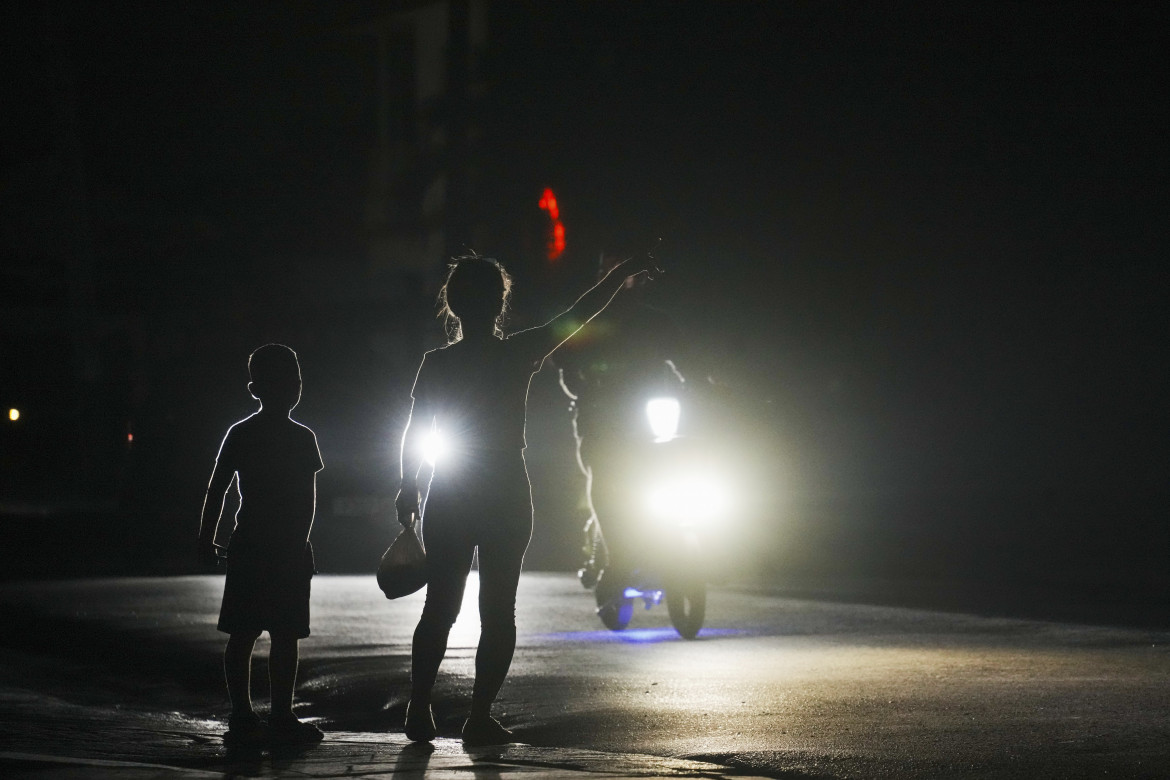Reportage
Criminal embargo and government mistakes: Cubans take to the streets
The root cause of the protests was more or less the one voiced out loud: hunger and despair over the long periods of blackouts.

The motivation behind hundreds of Cubans taking to the streets in various cities across Cuba on Sunday was not an alternative political project to that of the Havana government.
It was the weariness – and also the anger – of a population that for too long has had to deal with blackouts that last up to half a day, the “irregular distribution” of basic foodstuffs and their excessive cost. The root cause of the protests was more or less the one voiced out loud: hunger and despair over the long periods of blackouts.
Creating “hunger” and “desperation” among the Cuban population is precisely the goal expressed in the famous 1960 Memorandum in which the then-Secretary of State, Lester Mallory, proposed to enforce the unilateral U.S. embargo against Cuba.
President Miguel Díaz-Canel is essentially right when he accuses the U.S. Embassy in Havana of involvement in the protests. Most likely, diplomatic officials were not directly involved in organizing them – simply because they did not need to. The Helms-Burton Act and subsequent measures, up to the latest ones imposed by Trump, have been acting for 60 years to cause “hunger and desperation” among the Cuban population and induce them to rebel.
Democracy and human rights, Washington’s slogans, have nothing to do with the embargo. The U.S. economic, trade and financial blockade has an extraterritorial dimension that has been condemned by almost all U.N. member countries for years and is incompatible with Cuba’s national sovereignty.
If President Biden really wants to “support the Cuban people,” he has a simple and immediate solution at hand: lift the sanctions against Cuba, starting with the most brutal ones – the 243 stifling measures added by Trump – all the way to dismantling the Helms-Burton Act.
The same can be said of the Cuban community abroad which is not directly on the payroll of the various CIA-linked or funded institutions. No Cuban should be subjected to an embargo with the support of fellow Cubans. In terms of sheer violence, such an embargo is just one step below military aggression.
That said, one cannot understand the severity of the crisis in Cuba without questioning the inability of the party-government-state to manage the country’s economy so as to achieve economic independence. Today, food import levels hover at around 80 percent of national consumption. Data published by ONEI shows that the vast majority of Cubans use 80 percent of their income to pay for food and transportation. And the weaker part of society – especially retirees – often cannot be guaranteed food and a decent living.
Under these conditions, it is clear that civil and peaceful protest is legitimate. An important step in this direction was taken by the government, at least for the first protest that took place in Santiago de Cuba. There, the authorities reacted in proper form, by responding – at least with words – to the demands of the people. President Díaz-Canel said that “the authorities are willing to pay attention to the grievances of our people.” So, they are willing to start a dialogue instead of using repression.
If it wants to maintain social support, the party-state will have to take into account peaceful and legitimate forms of citizens expressing their discontent. “And try to find political forms to handle them,” argues the editorial team of La Joven Cuba. “One of these is to admit, with transparency, the domestic political errors that have led a part of the population to engage in street protest as the only resource for making their voices heard.”
Originally published at https://ilmanifesto.it/embargo-criminale-ed-errori-di-governo-la-risorsa-della-piazza on 2024-03-24
